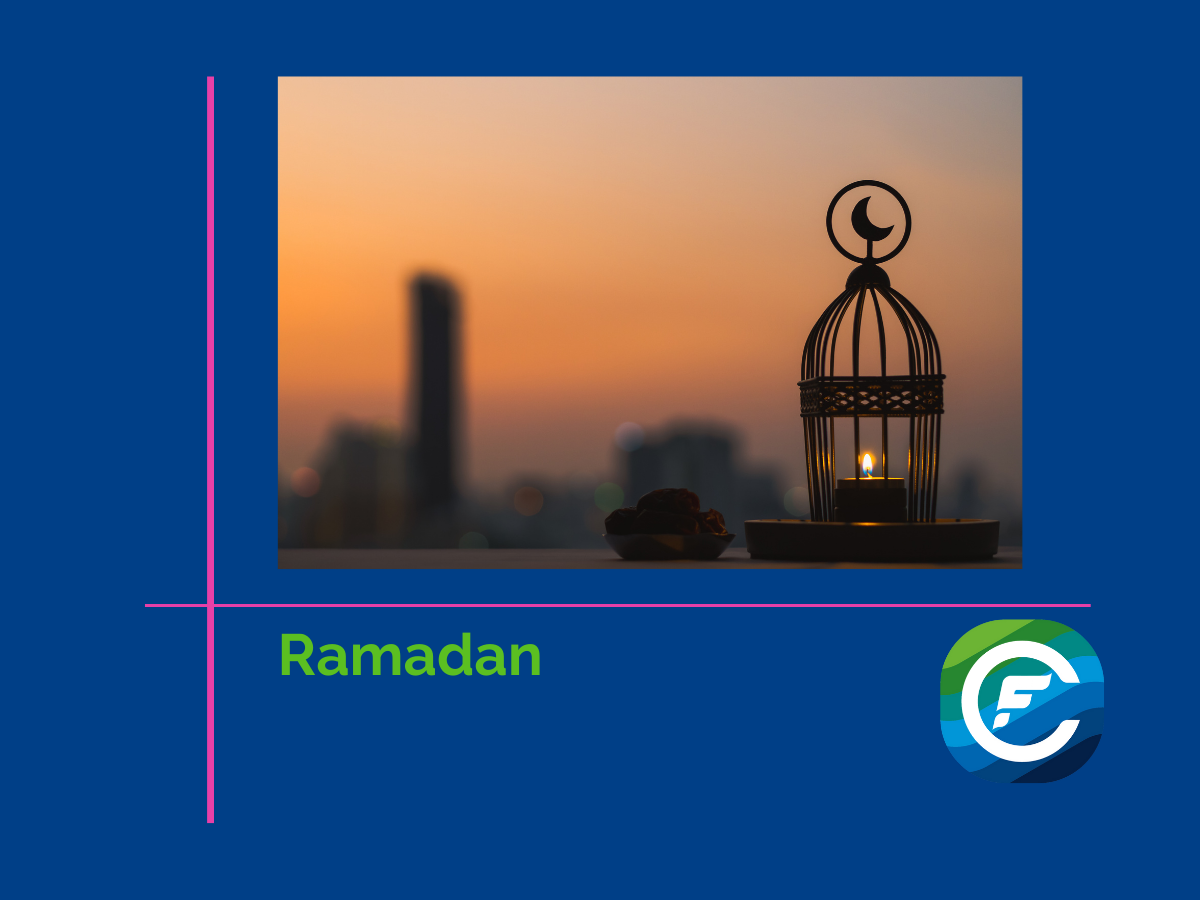
In the final days of Ramadan, we chat to our software developer Zeeshan Asgar, to learn more about Ramadan, what it means on a to Zeeshan on a personal level and how its not just all about fasting!
Zeeshan, with complete ignorance intact, I’m going to get this one out of the way first. how do you cope with fasting for so many hours on a dail basis! Do you get hangry?!
“Ha ha, no, not really. I feel healthier and more active during Ramadan because I eat right and make better choices. I usually have only two meals one early morning before the fast and one during the breaking of the fast for this month. It kind of becomes like intermittent fasting which people nowadays are following to keep themselves healthy.”
That certainly puts it in perspective! And while most people are aware of the act of abstinence of food and drink during Ramadan being one of the Five Pillars of Islam and its importance amongst Muslims, we want to hear first-hand what it means to you. In your own words, can you describe Ramadan growing up, Zeeshan?
“For me, Ramadan is a month of peace, tranquility, and most importantly being close to God. We as Muslims practice self-restraint. People may think it is a month where we do fasting but that is just a part of it. It is a month for self-reflection, self-improvement, forgiveness, revelation, and coming together and celebrating being a Muslim. It is also a way to show solidarity with millions of poor and hungry people around the world who are fasting day and night without a choice. Fasting is not obligatory for children and for people who are sick, old, pregnant or travelling.
Being a Muslim, the month of Ramadan has always been an integral part of my life. It is a fun time for family and friends to share food and invite each other over for dinner. We also go to the local mosques or community centres to break the fast together. I remember as a kid every day I used to go outside in the evening to see if it was time for breakfast and wait for the sirens to go off from the nearby mosques to mark the time to break the fast and ran back home to tell everybody its time. We as a family sit together during Iftar (evening meal when we eat breakfast). We usually breakfast by eating a date first and then eat everything else. It is not compulsory to eat a date first but it has become a tradition. We also do charity and give zakat (one of the 5 pillars of Islam) which is obligatory for those who are capable. Zakat is like a payment made annually of your savings to those in need.”
How does it affect your working day, if at all?
“My daily routine in Ireland is to wake up around 4 am and cook something to eat for Suhoor or Sehri (start of fasting) and then pray after that and sleep until it’s time for work. After work, I rest for an hour and then start preparing for the Iftar. It doesn’t affect my work. Capitalflow is completely accommodating if I pray in the office for this month, as it takes only 5 mins and I don’t need any special place or anything. 2 of the 5 prayers lie during office timings and I work combined – office and remote.”
Out of sheer curiosity, what do you typically start and break your fast with?
“There is nothing special that I eat during this month. I just have the same meal which I usually have to start the fast. And to break the fast the first thing I eat is a date and then a big bowl of fruit salad. I cook some chicken or Kebabs sometimes as well. Anything special or new that I cook is always for Iftar which is for breaking the fast.”
Finally, can we assume it’s harder here in Ireland without the support of your immediate family around you?
“It’s kind of harder when you are on your own. Ramadan is always better and fun with your family. But I have a few friends who sometimes come over and I also go over to theirs to break the fast.”